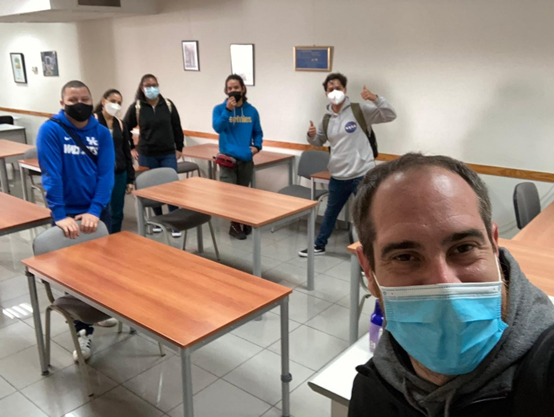Globalization, a process where people, companies, and governments from different nations interact and integrate through international trade and investments, has effects on the environment, culture, political systems, economic development, and human physical well-being in societies around the world. Through the Internet, media, planes, international business, and embassies, we are now more connected to each other than ever before.
Technological knowledge is a source of progress and productivity. We have passed from the industrial age to the information age.
Information technologies, together with the creation of global communication standards, are changing many of the ways of understanding our way of working and living.
In our society, every day a new style and way of life is imposed, in which, unfortunately, not everyone has a place. We cannot forget that technology has undoubtedly contributed to increasing the well-being and quality of life of citizens, but also to increasing social differentiation more and more. We are faced with a situation of inequality of opportunities. The mastery of computer knowledge and the use of technological means is the basis for carrying out cultural, economic and commercial exchanges, and ultimately the gateway to the information society.
The main problem is whether we have really rethought what the needs of the population are, in order to face the new challenges that lie ahead. We must open our eyes to the cultural change to which we are being subjected to. It is logical, as well as necessary for all citizens, to learn to use the information and knowledge available in the societies they live in (disadvantaged groups, groups belonging to rural areas, adults with lack of basic knowledge, immigrants, Roma … ). Still, it is an arduous task to change the ideology and values of certain sectors of the population, such as the adult population, whose values are deeply rooted.
Pere Closa Private Foundation, through the Sepal Project, is working mostly with NEETs who belong to Roma Community. What we have found out is that before and after de pandemic situation, the gap between Roma youngsters demands and the labor market offers is increasing more and more every day.
Due to Covid-19, all the informal labor market jobs were, and still remain very vulnerable in front of a very aggressive competition between big companies who trade products via online. Moreover, the lack of basic knowledge of e-services, e-recruitment, e-business etc., has caused the Roma people to find themselves outside of the employment criteria and the number of unemployed is increasing.


